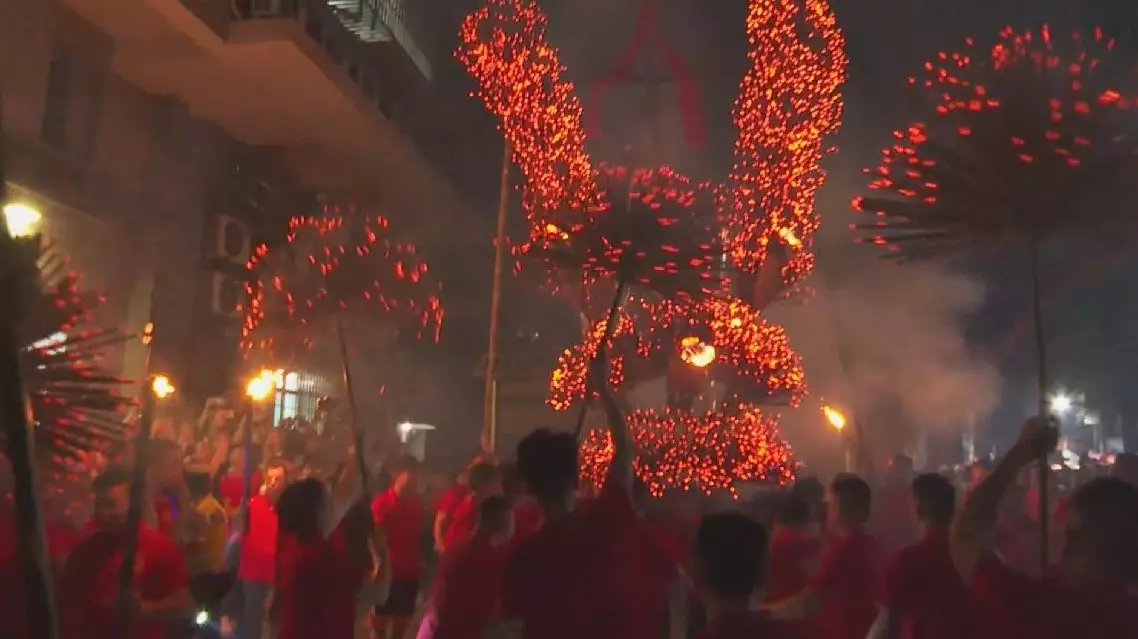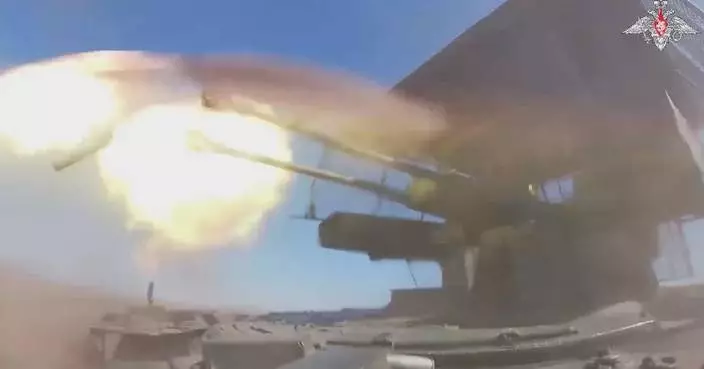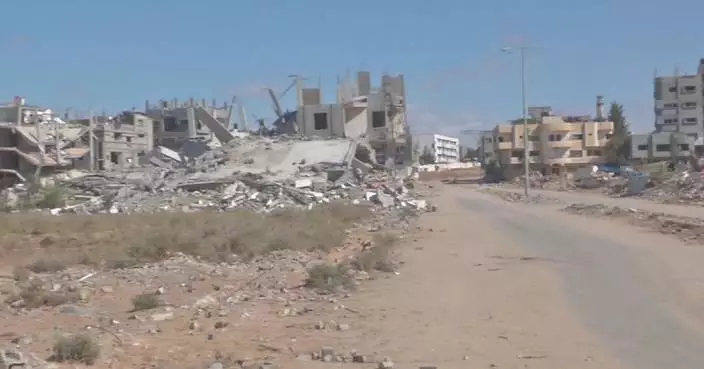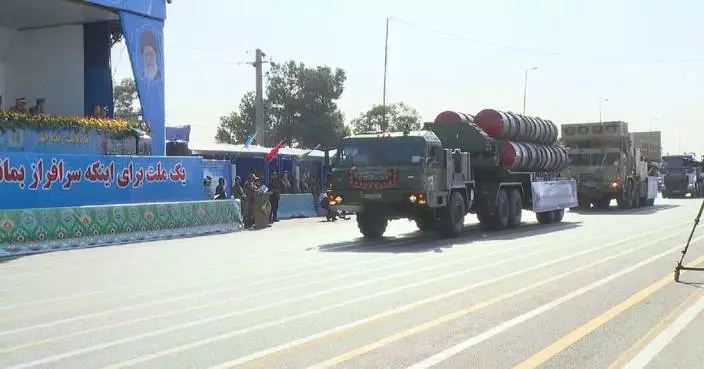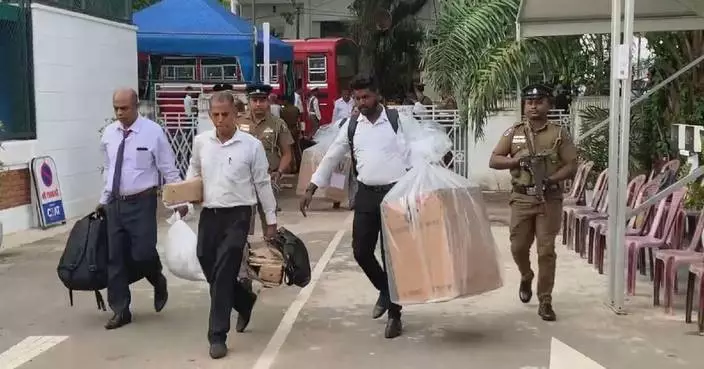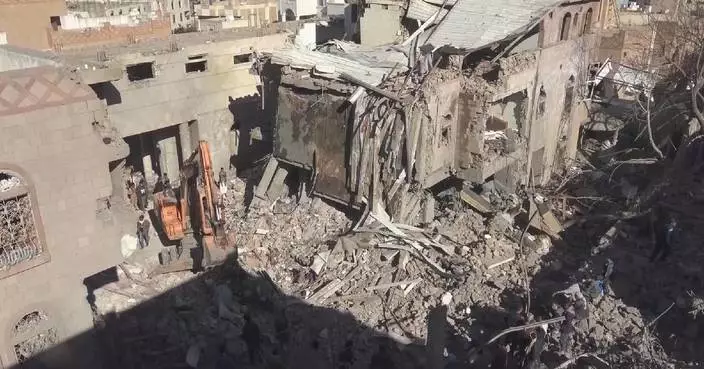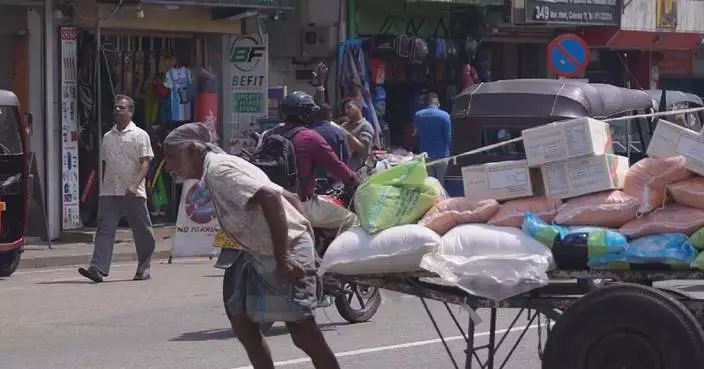Pistachio farmers in Syria are striving to revive their crops damaged by the civil war erupting 13 years ago, while facing sanctions implemented by Western countries.
Pistachios have once been one of the main export products of Syria. However, the pistachio industry has been severely damaged since the outbreak of the Syrian civil war in March 2011.
Before the war, Syria produced up to 80,000 tons of pistachio annually, a high number that has been sliced by half during the war, according to the country's Agriculture Ministry.
The Aleppo pistachio native to Syria, known in the Arab country as the "red gold" for its reddish shell and high prices, is planted mainly in the provinces of Hama and Idlib, which have been pounded the hardest by the war.
Many farmers have returned here after the situation has stabilized, but the agricultural production in the place is still hard to recover. Morek is a 35-year-old farmer living in the rural area between Hama and Idlib. His family were forced to fled from home by the war for six years and only returned last year. Their pistachio orchard was burned during the war.
"Some people sold their own land. For example, we once had a car, but we sold it to make a living," Morek said.
Before the war, pistachios produced here could be exported to the Gulf countries, bringing profits to the farmers, but they earned almost nothing last year, according to Morek.
"When we returned, we found that pistachio trees had died. So we cut them down and plant new ones. We are taking care of the diseased trees," he said. As farmers were displaced by war during the past decade, diseases and pests spread among the pistachio trees, according to the local Agricultural Bureau in Hama Province.
The Syrian government has taken measures to help farmers prevent tree decline since 2021. However, economic sanctions from Western countries restrict the import of fertilizers and pesticides, curbing agricultural recovery.
"We cannot obtain fertilizers and agricultural chemicals due to high prices," said head of the local Agricultural Bureau of Hama.
Moreover, irrigation cost is rising because of the domestic fuel shortage in Syria. Wheat production in Hama Province has dropped from three million tons before the war to just 110,000 tons today, according to the local Agricultural Bureau in Hama.
Restoring the agricultural production to pre-war levels still takes time.
Morek used the money from selling his car to install solar panels for irrigation, hoping to tide over the difficulties and revive the land.
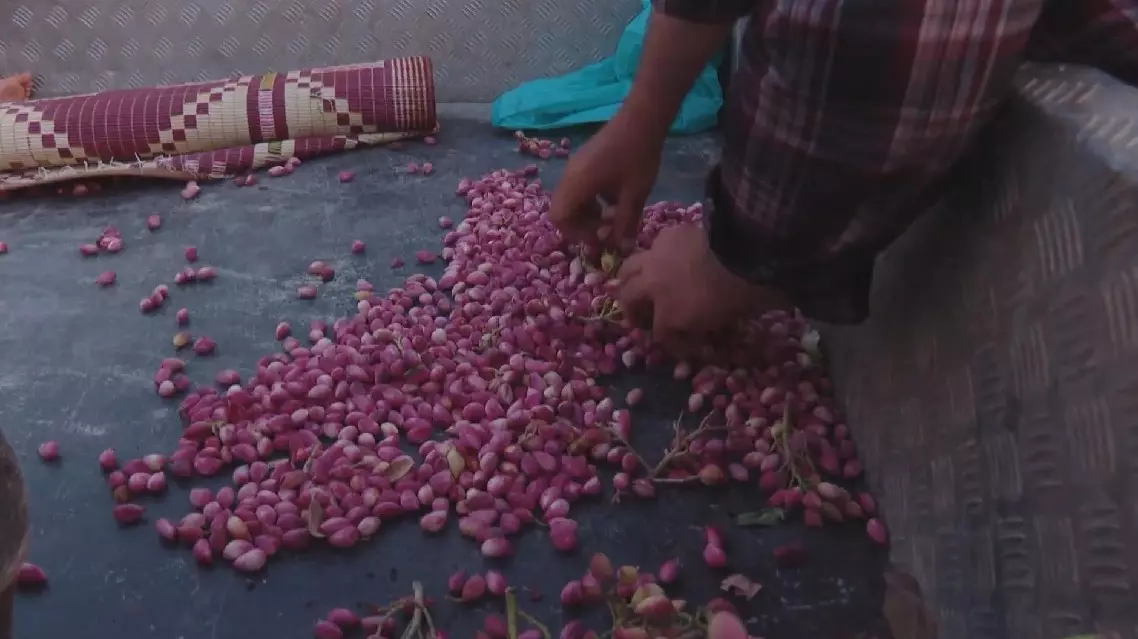
Syrian pistachio farmers battle war damage and sanctions to revive 'red gold' crops
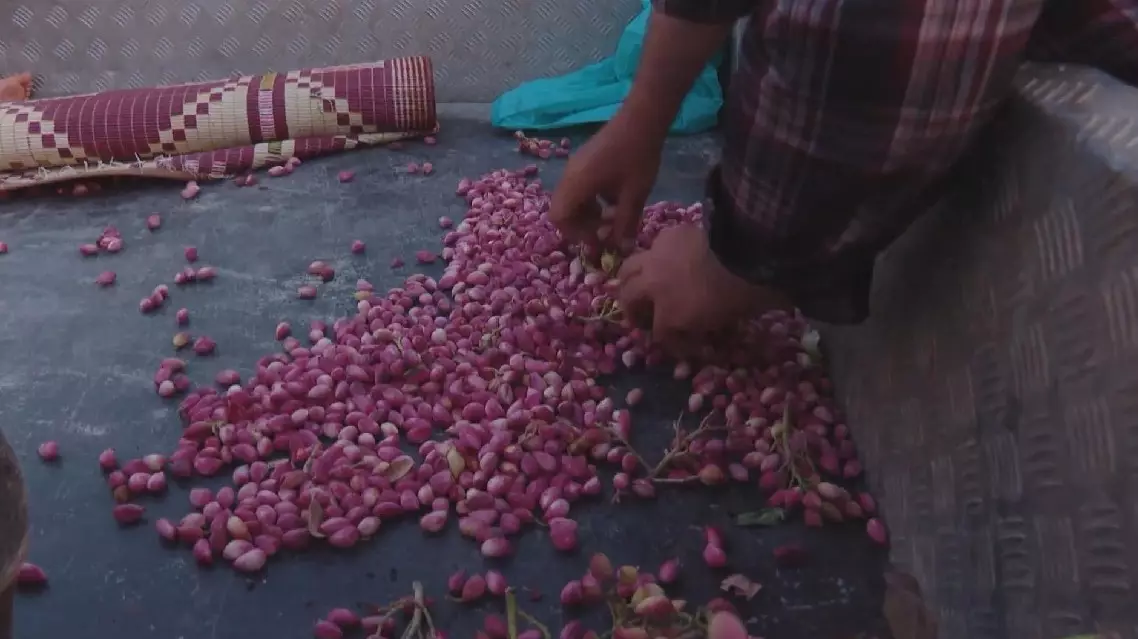
Syrian pistachio farmers battle war damage and sanctions to revive 'red gold' crops
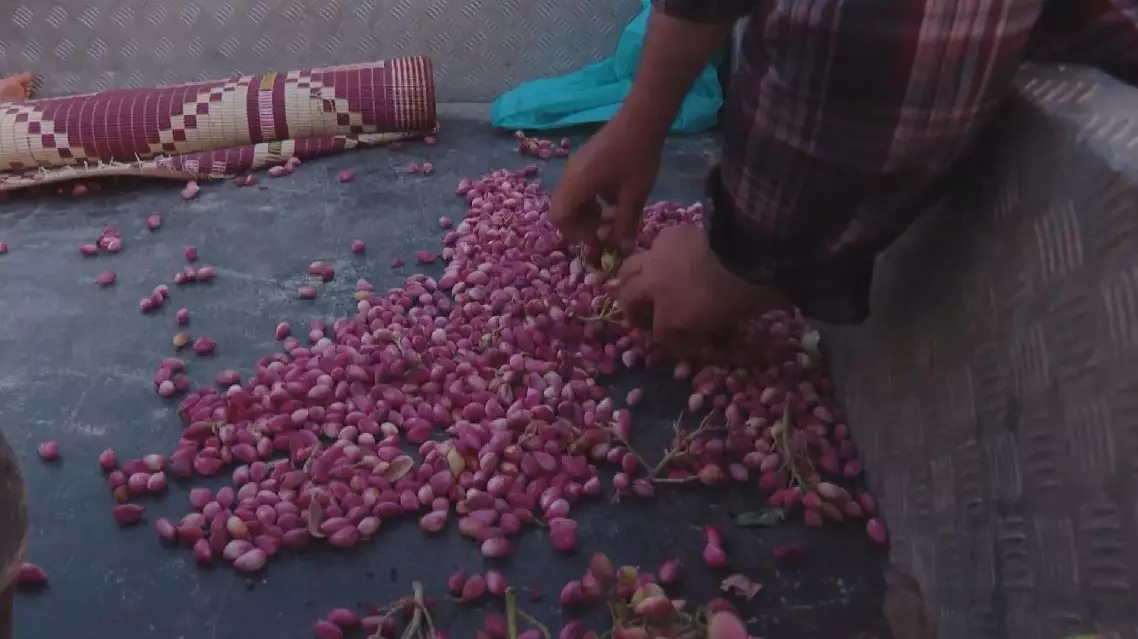
Syrian pistachio farmers battle war damage and sanctions to revive 'red gold' crops


